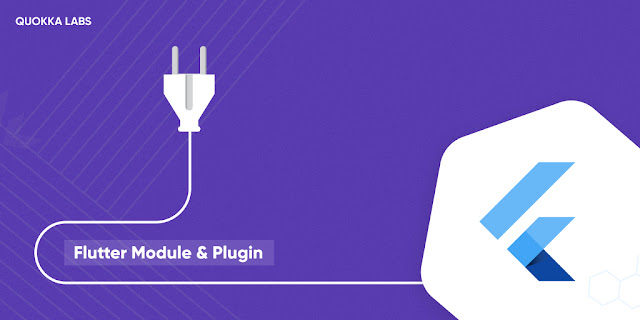Good & Bad of Flutter App Development

Let's be clear about one thing: mobile applications are wonderful. They allow us to execute various tasks conveniently, and almost everyone who owns a mobile phone has used one or more applications. Some of these applications have shown tremendous growth in popularity and acceptance. The number of mobile phones on the market, the number of mobile applications, and the number of tools used to generate them have all extended over time. Google's free and open-source Flutter mobile UI framework stands out among these products. Flutter is a new mobile app development framework that has gained much traction in the last few months. While there are some great things about using Flutter, there are also a few caveats to be aware of. Today, in this post, we'll look at the good & bad of Flutter app development and help you decide if it's a suitable framework for your project. Let's dive in to get a closer look, but before proceeding to the good and bad, why not discuss ...

.png)